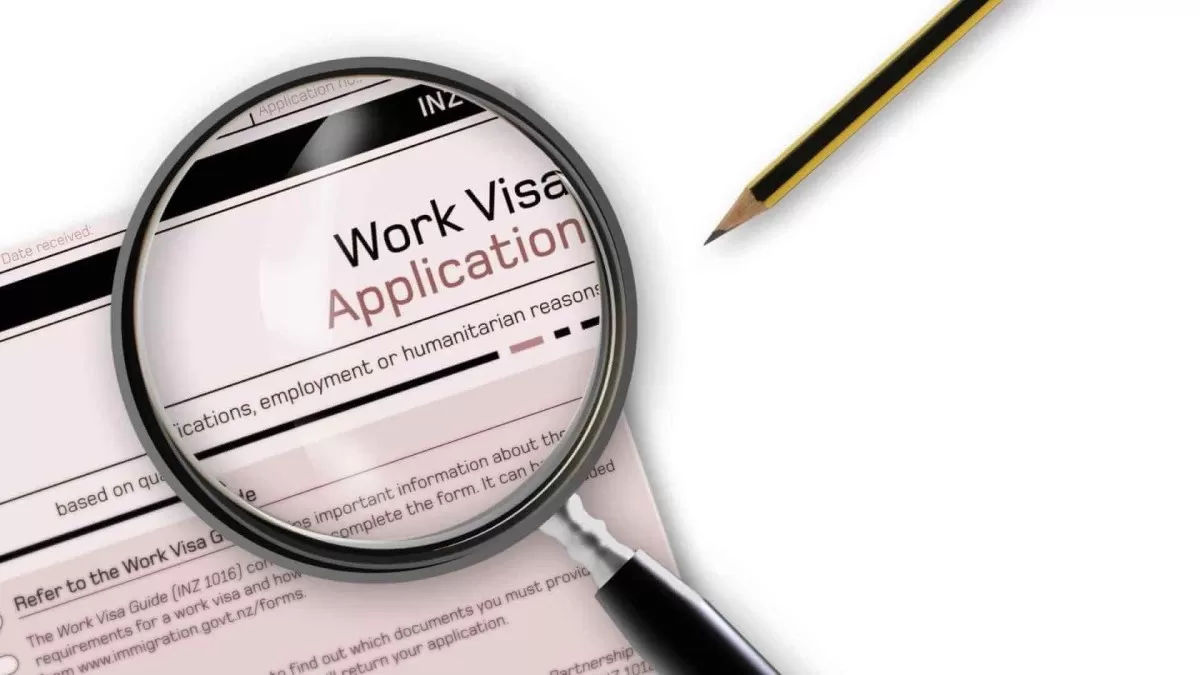
Each of the Schengen member countries has its own visa policies, which policies differ from one country to the other. The employment visa programs in European countries have been established to cover the labour needs of the respective countries and fill job shortages. Therefore, employment visa criteria and requirements, as well as the application process, depend a lot on the labour needs of each country.
Anyone who meets the criteria and requirements set by the European countries can work in Europe. These countries have their own programs, through which foreign professionals can apply for jobs available.
You can work in the Schengen Area if you hold a National (D) Visa for employment purposes issued by one of the 26 European countries part of the Schengen Zone. The work visas of each European country differ from each other. You will have to choose any one country and apply for that country's work permit.
Citizens of all countries except citizens of the USA, Australia, Canada, Israel, Japan, New Zealand, and Switzerland, as well as EU citizens, do not need to apply for a work visa to Europe. However, upon arriving at any specific country, they need to apply for residence and work permit. As mentioned other country nationals must apply and get an employment visa before entering the Schengen territories for work purposes.
· Application Form
· Two photos. These photos should be taken within the last three months, as per the Schengen visa requirements.
· Valid passport. Your passport should be valid for at least three more months, on the date you plan to exit the Schengen territory.
· Employment contract. An employment contract was signed between you and your future employer from the Schengen territory.
· Flight reservation (Roundtrip)
· Proof of Accommodation - Any document like a rental agreement
· Travel medical insurance. Insurance should be valid in all Schengen countries and should be up to 30,000 euros.
· Education Documents – Certificates, transcripts, etc.
· Proof of language knowledge. Most countries want you to fit in even if you are planning to work there only for one year. That is why many of them will ask you to meet a specific level of knowledge of their official language.
· Check the work opportunities.
· Check out and evaluate your eligibility.
· Get the work permit letter (Job Offer) from the respective country
· Collect the required documents,
· Schedule a visa interview.
· Attend the interview.
· Wait for your visa to be processed! The exact process may differ from one country to the other.
· Embassy
· Consulate
· Or A visa application center
How long is a work visa valid and can it be extended Mostly 1 year? Extensions of work permits are optional if you want to extend. Most countries support work permit extensions. There is an application process and some required documents, which you will have to collect and submit to the competent authorities in your European country of residence, prior to your visa/residence permit expiration.
Once the minimum work permit stay in any specific country is met, you will be eligible to apply for Permanent Residency (PR). However, you should be able to provide all documents for this process. We at AGACS would help you get a PR for any country in Europe.
|
Austria |
Hungary |
Norway |
|
Belgium |
Iceland |
Poland |
|
Czech Republic |
Italy |
Portugal |
|
Denmark |
Latvia |
Slovakia |
|
Estonia |
Liechtenstein |
Slovenia |
|
Finland |
Lithuania |
Spain |
|
France |
Luxembourg |
Sweden |
|
Germany |
Malta |
Switzerland |
|
Greece |
Netherlands |
Question: How long does it take to obtain a European work permit?
Answer: The processing time for a European work permit can vary depending on the country, but it usually takes around 2-4 months to obtain the necessary documentation and approvals.
Question: What are the basic requirements to apply for a European work permit?
Answer: The basic requirements for a European work permit typically include a valid job offer from a company in Europe, relevant qualifications or work experience, proof of financial stability, and a clean criminal record.
Question: Can I bring my family with me when I work in Europe?
Answer: Yes, in most cases, you can bring your immediate family members, such as spouse and children, to Europe when you work there. However, you need to meet specific criteria and file the necessary paperwork to obtain family reunification visas or permits.
Question: Is it possible to switch jobs on a European work permit?
Answer: Yes, it is possible to switch jobs while holding a European work permit. However, you may need to inform the immigration authorities and go through certain procedures, such as updating your work permit or obtaining a new one if required.
Question: Can I apply for permanent residency in Europe with a work permit?
Answer: Yes, in many European countries, you can apply for permanent residency (PR) after living and working there for a certain period of time. The duration varies, but it is typically around 5 years of continuous residence and fulfilling other specified